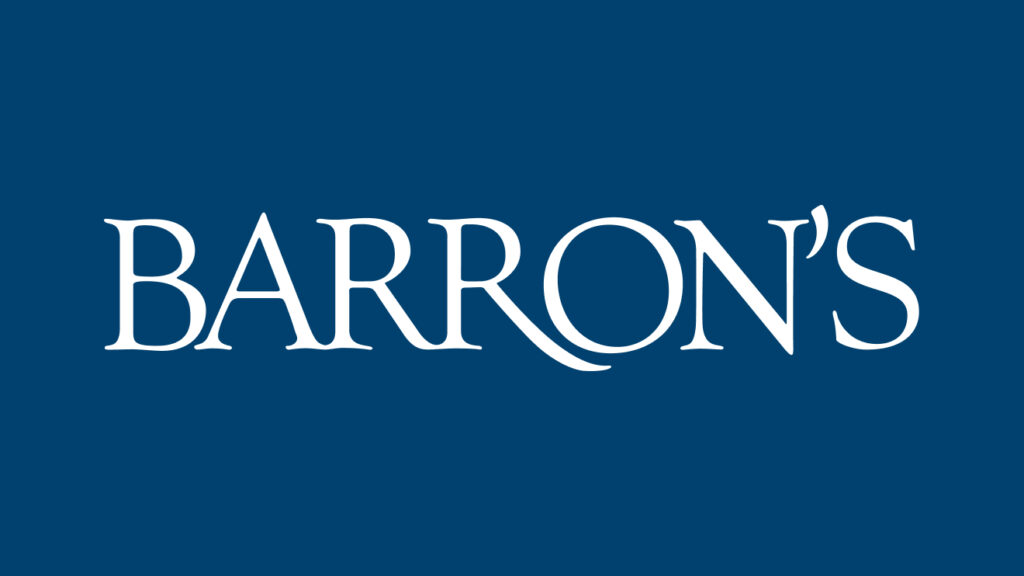font size
Germany’s conservative opposition party, which is leading in opinion polls ahead of a February 23 general election, outlined plans on Tuesday to take the EU powerhouse firmly to the right on immigration, social and economic policy.
Friedrich Merz, leader of the Christian Democratic Party (CDU), is expected to replace Social Democratic Party Chancellor Olaf Scholz, who conservatives have criticized as “three lost years” for the stagnant economy.
A day after Scholz lost a vote of confidence he called to pave the way for early elections, Merz accused the chancellor of having “lost the trust of the majority of the people a long time ago”.
Merz, a long-time rival of the CDU’s more moderate former Chancellor Angela Merkel, has sought to win support from voters seduced by the far-right Alternative for Germany (AfD) party. He is steering a return to a certain right-wing movement. .
In a campaign plan released on Tuesday, the CDU and its Bavarian ally the CSU will “stop illegal immigration” and reduce benefits to rejected asylum seekers to the bare minimum of “bed, bread and soap”. I vowed to reduce it to
He also promised “zero tolerance” for crime, increased video surveillance in public places and “the closure of mosques where hatred and anti-Semitism are preached.”
Much of the platform could be softened in the coalition talks that usually follow Germany’s elections, but for now the coalition has vowed to reverse two decades of centrist dominance dating back to the Merkel era.
They promised a “fundamental shift in immigration policy” and criticized Merkel’s welcoming of refugees, asserting that “we too have made mistakes in government and learned from them,” without naming names.
The alliance also announced it would reverse the legalization of marijuana enacted by Scholz’s three-party alliance with the Green Party and the liberal FDP, which collapsed in early November.
The CDU also opposes the liberalization of abortion rules, a new gender self-determination law, and the Modern Language Covenant, often referred to as “gendering”, designed to make the German language more inclusive. He said there was.
At a joint press conference with Merz, CSU leader Markus Söder said the CSU’s position is firmly middle-class and conservative, and that it is “by no means left-wing, not woke, not gender-discriminatory.” Summarized.
In contrast, the campaign of the Social Democratic Party (SPD), a traditional defender of the working class, emphasizes benefits such as better wages, stable pensions and free school meals.
The SPD, which also released a manifesto on Tuesday, pledged “respect” for workers and “fighting for every job.”
The government wants to cut taxes on 95% of earners and raise taxes on the super-rich, while raising the minimum wage from 12 euros an hour to 15 euros an hour.
The party promised to curb soaring food prices by cutting value-added tax and ensuring families “have more money at the end of the month”.
While the SPD wants to curb illegal immigration, it stressed that Germany is an aging country, a “nation of immigrants” that needs foreign workers, and values ”diversity and tolerance.”
On security, both major parties have pledged to continue supporting Ukraine in its war with Russia and to spend more than 2% of gross domestic product (GDP) on Germany’s defense.
The CDU plan remains vague about what kind of weapons it will transport to Kiev, but the SPD has argued that it opposes the delivery of long-range missiles because “Germany and NATO themselves should not become parties to the war” .
On the thorny question of how to pay for their campaign promises, both parties want to revitalize the “Made in Germany” brand, increase investment and upgrade crumbling infrastructure.
The SPD proposed mobilizing an initial 100 billion euros through a new public-private German Fund.
The CDU also plans to ease Germany’s strict limits on new state borrowing, although the CDU argues that the so-called debt brake should remain in place because “today’s debt is tomorrow’s tax.”
The CDU blamed the Scholz government’s “ideological and planned economic approach” for Germany’s “serious deindustrialization.”
He also said he would cap corporate taxes at 25% and fight “bureaucratic madness.”
On climate and energy, the SPD vowed to advance renewable energy, e-mobility and an ambitious green hydrogen initiative, while the CDU said it would reverse the planned phase-out of internal combustion engine vehicles.
The conservatives also pledged to look into whether some of Germany’s shuttered nuclear power plants could be restarted, reversing another policy from Merkel’s era.
bar/fz/fec



